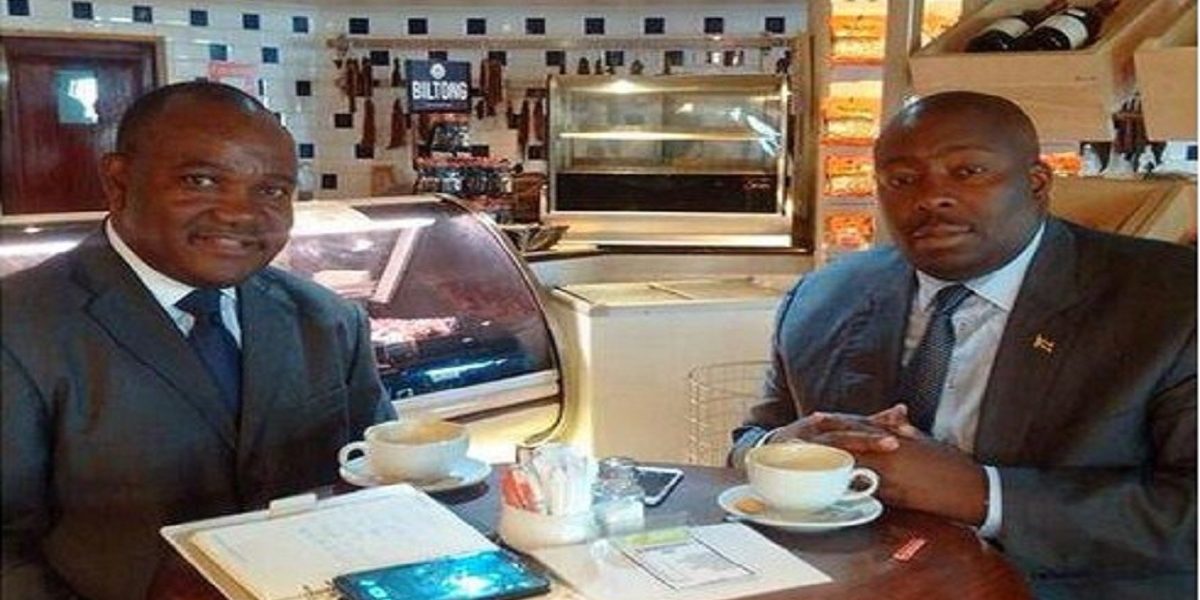Former Harare Mayor, Bernard Manyenyeni has said that Harare city and Zimbabwe at large need a kind-hearted dictator because of their chaotic nature.
He was responding to the Big Saturday Read (BSR) question on what being a ceremonial mayor, as he said he was, meant and the effects of such a post to service delivery. Below are excerpts from the interview.
BSR: You have often alluded to your role as having been “ceremonial”. Please elaborate what you mean by being a ceremonial mayor. How does it differ from an executive mayor? Would things have been better if you had been an executive mayor?
Manyenyeni: The executive mayor combines the roles of Chairman of the Board and Group CEO of the city He combines the power and the willpower into the leadership of council in the search for service and its delivery.
Yet the ceremonial mayor is the type that does not have the legal, political, effective authority to command the operations of the entity. The mayors in our jurisdiction cannot, and should not, be compared to other mayors in the region or in the world. Those mayors have executive powers which our mayors lack.
In our situation the mayor is the face of the municipality but certainly not the authority in council. A city in a mess like Harare and indeed Zimbabwe – even more, needs something like a “benevolent dictator” in the nicest sense possible, a sincere and trusted strongman who is unstoppable in his quest to clean up for the public good.
Officially, my duty was to chair one full council meeting a month and to sign resolutions coming out of the meeting.
Practically, a proper (read “executive”) mayor of Harare, doing his full job, as expected, both council and civic, is one of the 5 busiest elected public offices in the country.



Back to top